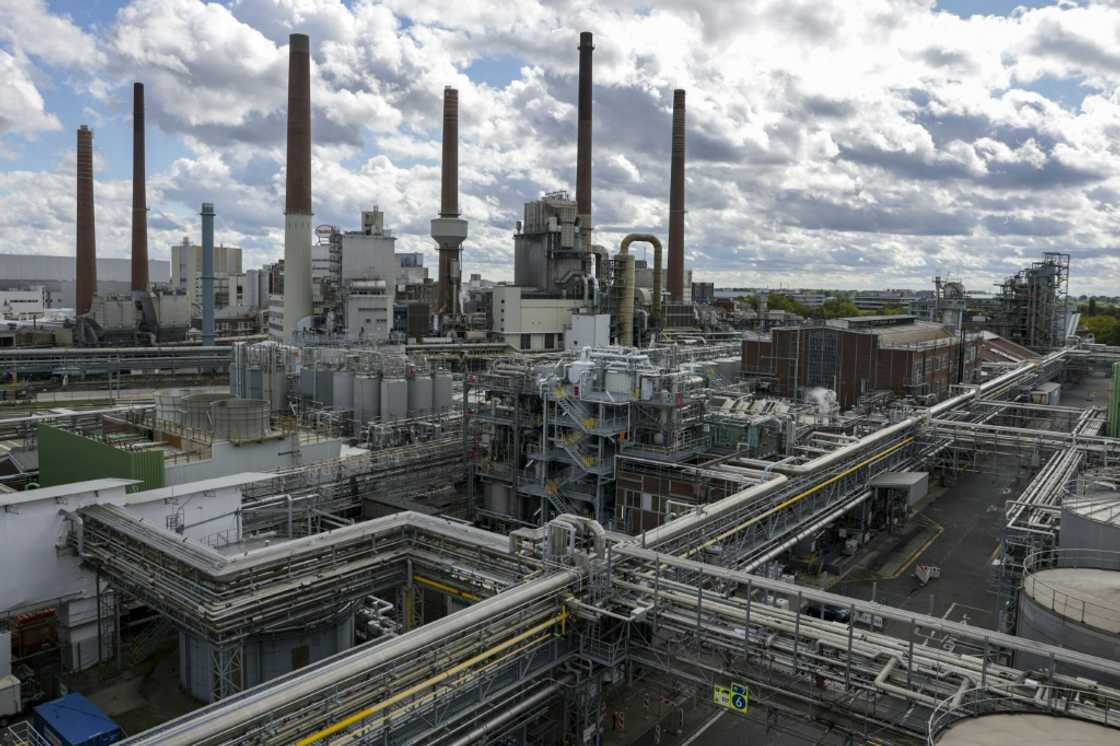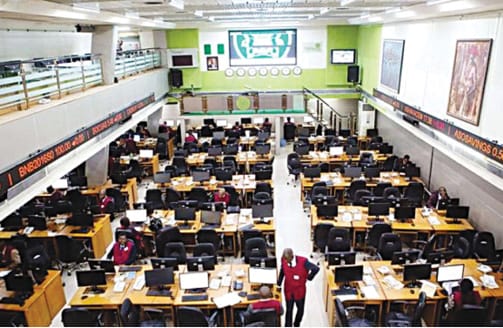German Factory Orders Decline for Fourth Consecutive Month, Signaling Economic Challenges
Germany’s industrial sector faced another setback as factory orders dropped unexpectedly in August, continuing a concerning downward trend that challenges the government’s economic recovery efforts.
According to preliminary data released Tuesday by the federal statistics agency Destatis, new industrial orders fell by 0.8 percent month-on-month, following a steeper 2.7 percent decline in July. The latest figures defied market expectations, as analysts surveyed by FactSet had anticipated a one percent increase for August.
The decline was primarily driven by decreased international demand, with overseas orders showing significant weakness. Both the pharmaceutical and automotive sectors experienced substantial downturns, though domestic orders showed improvement, particularly in the defense sector amid increased European military spending in response to rising Russian threats.
LBBW bank analyst Jens-Oliver Niklasch offered a stark assessment of the situation, stating, “The figures highlight the economy’s bumpy road in all its ugliness. After a slight upward trend in the spring, the downturn is now back.”
The latest data underscores the broader challenges facing Europe’s largest economy, which has struggled with a two-year recession marked by manufacturing difficulties and intensifying global competition, especially from China. The situation has been further complicated by U.S. tariff policies affecting international trade.
Despite Chancellor Friedrich Merz’s ambitious promises of increased infrastructure and defense spending to stimulate economic growth, the implementation of these plans has faced criticism for their slow pace. After an encouraging start to the year, recent economic indicators have consistently disappointed expectations.
Looking ahead, leading economic institutes have revised their growth projections, now forecasting a modest 0.2 percent expansion for 2025. These institutions have emphasized the urgent need for structural reforms to address the economy’s underlying challenges.
The German government is expected to present updated growth forecasts on Wednesday, which will likely reflect these recent economic developments and potentially signal new policy directions to address the persistent industrial slowdown.







Leave a Comment